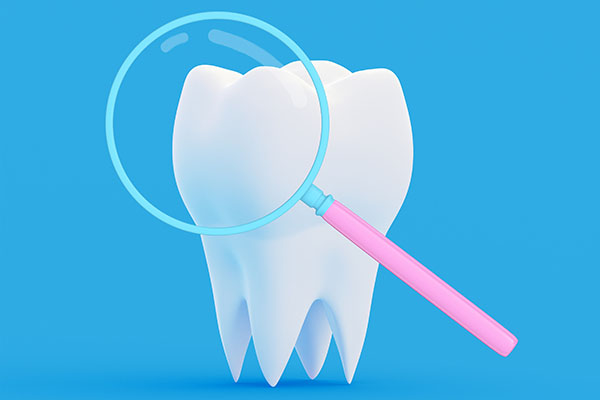 Licensed dentists often recommend dental bonding to repair minor to moderate concerns with front visible teeth because the bonding material has many similarities with natural teeth. Dental bonding can protect the deeper layers of teeth, withstand the daily pressures teeth receive, and match the ideal shade of teeth.
Licensed dentists often recommend dental bonding to repair minor to moderate concerns with front visible teeth because the bonding material has many similarities with natural teeth. Dental bonding can protect the deeper layers of teeth, withstand the daily pressures teeth receive, and match the ideal shade of teeth.
A detailed comparison between dental bonding and natural teeth
It is beneficial to understand how dental bonding compares with natural teeth enamel to determine whether or not bonding is the best solution for your restorative dentistry needs. This review compares the composite resin material used for dental bonding with natural teeth enamel, which is the visible and outermost layer of teeth.
Dental bonding and natural teeth have the same shade when cared for
Dental bonding is used primarily for the visible surface of front teeth, rather than for the chewing surfaces of teeth further back in the mouth (i.e. molars). One of the reasons for this is because the bonding material, a composite resin, closely matches the shade of natural teeth and subsequently offers superior cosmetic advantages when compared to metal fillings and most dental crown types.
Of course, proper care is required with dental bonding. Unlike veneers that are for the most part stain resistant, the resin material can stain over time the same way as natural dental enamel. Subsequently, it is important to make smart dietary choices that reduce the risk of teeth stains and practice good oral hygiene by brushing, flossing, and using mouthwash regularly.
Both bonding and natural teeth can handle daily pressures teeth receive
Natural teeth and composite resin are strong enough to handle the daily pressures from chewing that front teeth receive. Natural enamel is stronger than the resin material, however, so it is important to exercise caution while chewing and avoid biting down on hard substances such as hard candies, ice, etc. It is also important to note that the resin material may not be able to withstand the pressures from chewing that molars receive, which is why a crown or metal filling is often recommended for teeth further back in the mouth. Nevertheless, dental bonding offers the perfect combination of strength and appearance.
Dental bonding and natural teeth enamel protect the deeper layers of teeth
Dental bonding can protect the deeper layers of teeth from harm and reduce the risk of nerve exposure after damage to a tooth occurs. For example, a chip or crack could expose the deeper layers of teeth and possibly the tooth’s root, which can cause discomfort. Much like dental enamel, one of the purposes of the bonding material is to protect the tooth from nerve exposure and subsequent discomfort.
Dental bonding can improve the health and appearance of your smile
Here at our dental practice, we offer dental bonding treatment to patients that have oral concerns such as worn-down teeth enamel, chips, cracks, teeth gaps, stains, and more. If you would like to schedule a consultation to discuss dental bonding treatment, then reach out to us today by phone or message.
Request an appointment or call Allure Dental WPB at 561-965-0292 for an appointment in our West Palm Beach office.
Related Posts
If you have small defects in your front teeth, dental bonding is a great choice to consider. It is less costly than porcelain veneers and can be a cost-effective alternative for problems such as stained or chipped teeth. Furthermore, bonded teeth do not necessitate any special aftercare. The material used adheres to the teeth well.…
Your dentist might recommend dental bonding if you are unhappy with your smile. This article explains how long this restoration will last and what influences its lifespan. Whether you have had a tooth gap for years or have recently chipped a front tooth, even a little mistake will make you hesitate before smiling. However, before…
Dentists often use dental bonding to fix tooth problems. Continue reading to learn more about this type of dental restoration. Many dental patients are opting for this tooth restoration treatment because it strengthens teeth and gives them a natural appearance. Dental bonding also has a much longer lifespan than most tooth repair options. But how…
